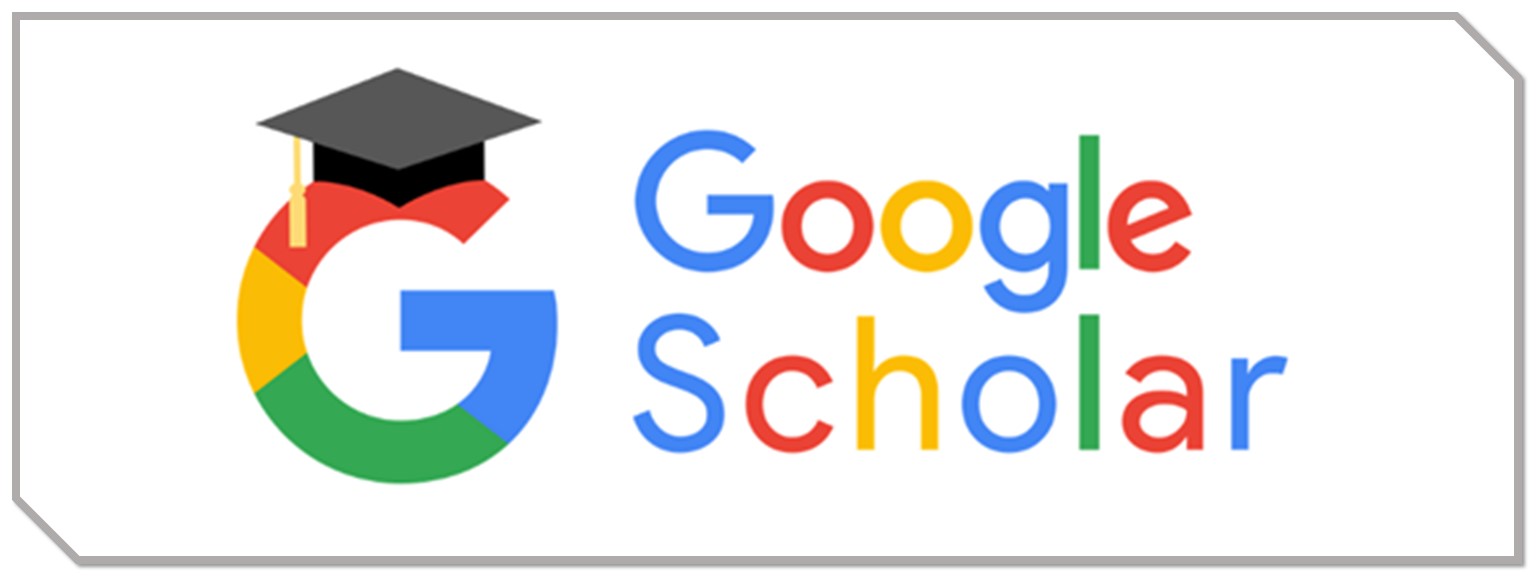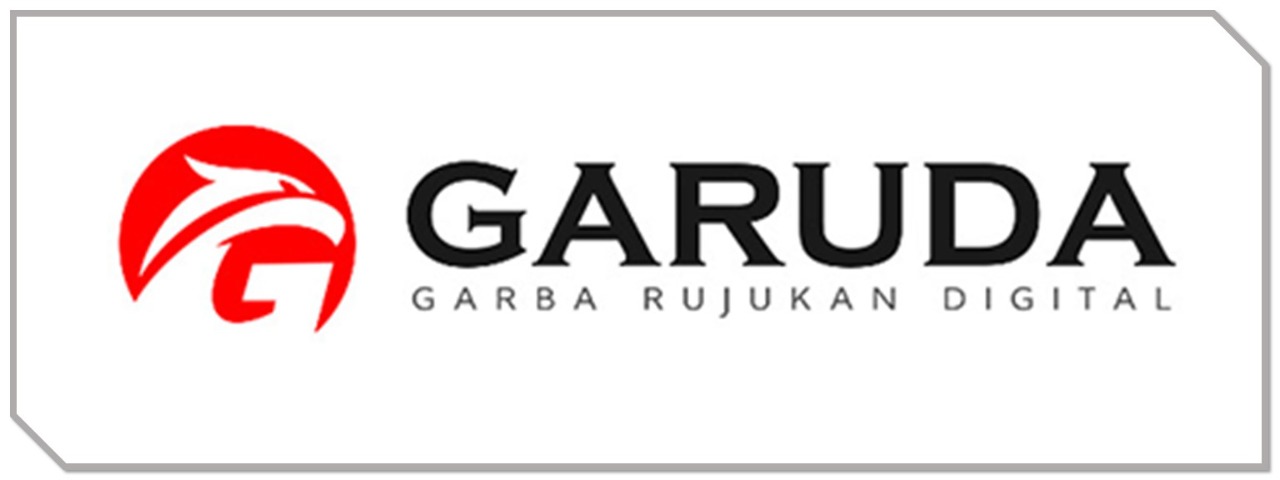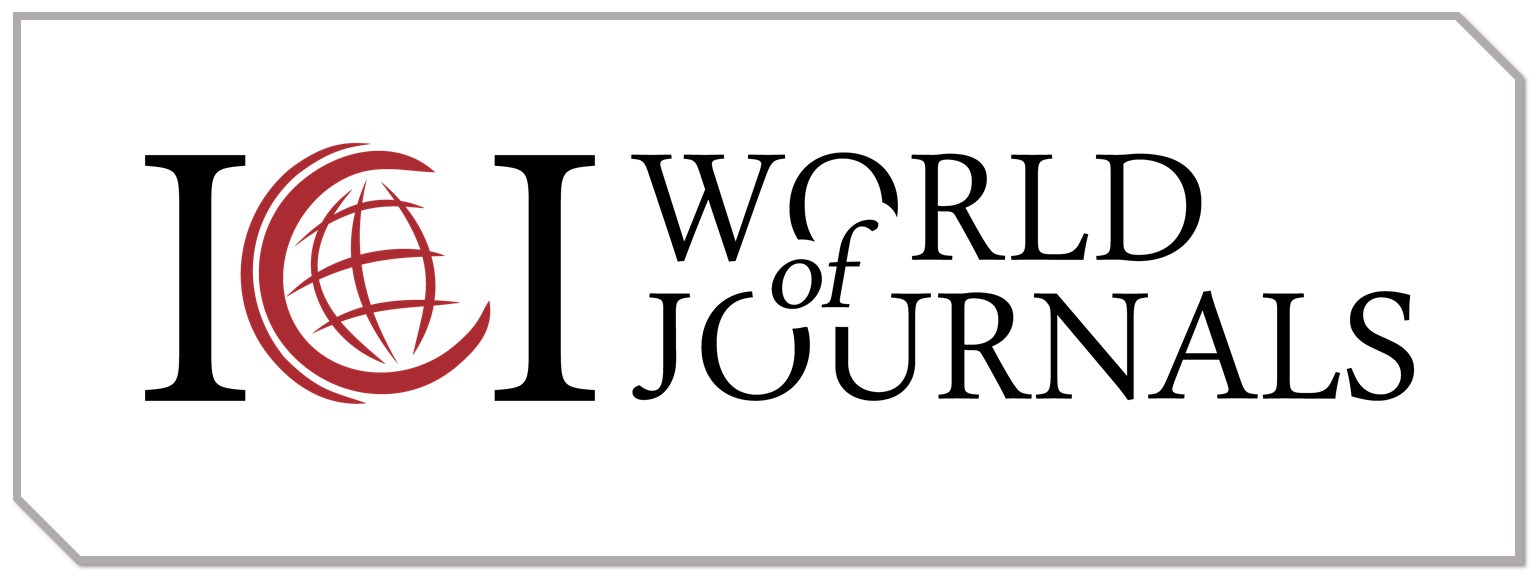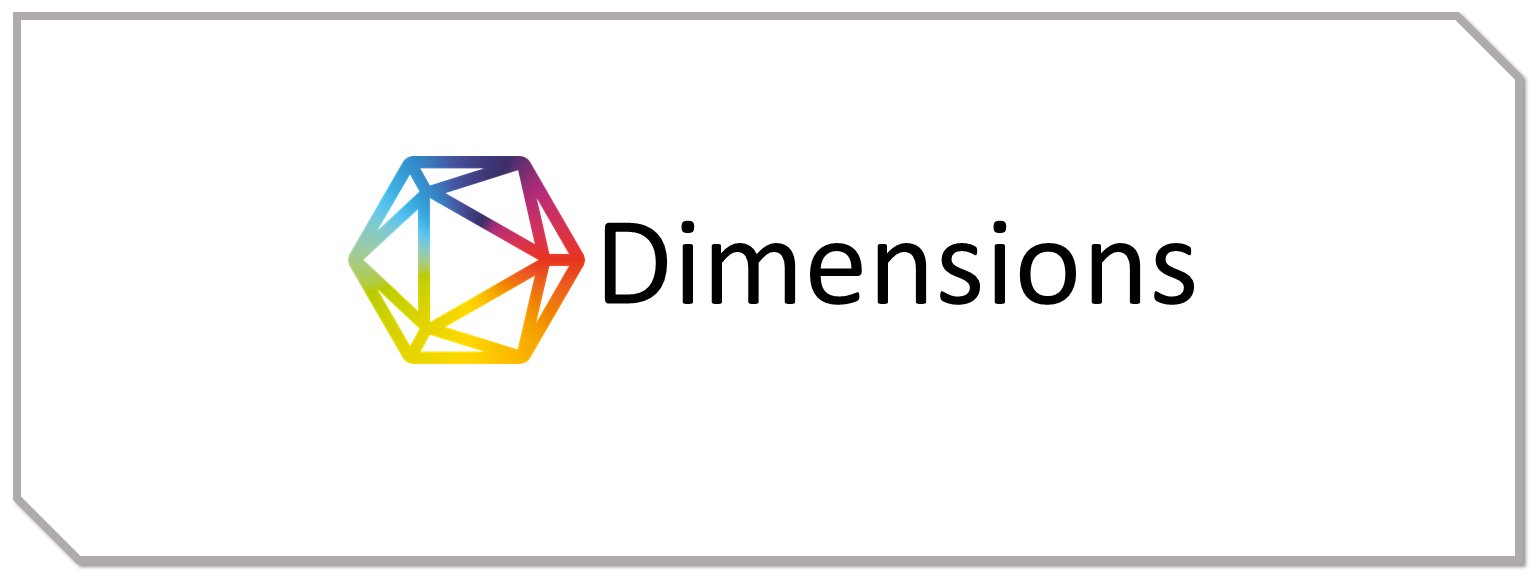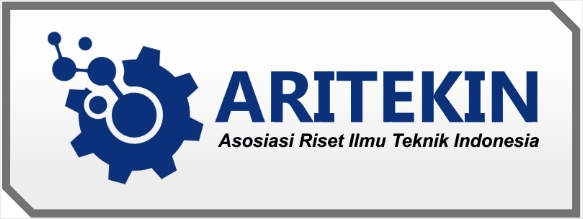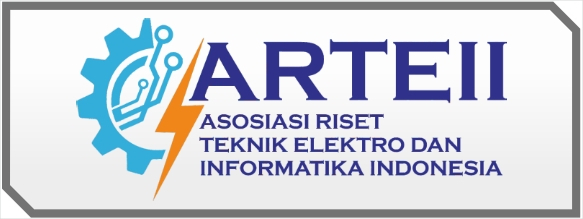Penerapan Smart Tourism sebagai Strategi Transformasi Digital untuk Menarik Wisatawan di Kabupaten Samosir
DOI:
https://doi.org/10.55606/juitik.v5i2.1028Keywords:
Digital Transformation, Information Technology, Samosir District, Smart Tourism, TourismAbstract
The research aims to analyze the application of smart tourism as a digital transformation strategy to attract tourists in samosir districts. Using a mix mix approach (qualitative and quantitative), the study examined three key aspects: (1) the application of smart tourism in support of the digital transformation of the tourism sector, (2) the motivations, perceptions, and preferences of tourists, and (3) the contributing factors and implementation barriers. Research shows that web-based digital strategies, samosir tourism applications, and social media have been able to increase tourist attractiveness, with 89.8% of those who rely on digital technology for travel planning. However, challenges such as unequal digital infrastructure and low local UMKM participation on digital platforms are still a hindrance. USES and drivers theory are used to understand how tourists actively use digital technology. The study concludes that smart tourism does have a significant impact on the increase in tourist visits, while also offering recommendations for expanding Internet networks, leveraging apps, and empowering local businesses through digital training. These findings favor samosir districts as a continuing modern tourist destination.
References
Blumler, J. G., & Katz, E. (1974). The uses of mass communication: Current perspectives on gratifications research (1st printing). Sage Publications.
Bradley, C. J., & Haines, D. E. (n.d.). Pulsed field ablation for pulmonary vein isolation in the treatment of atrial fibrillation. Journal of Cardiovascular Electrophysiology.
Buhalis, D., & Amaranggana, A. (2013). Information and communication technologies in tourism 2014. Information and Communication Technologies in Tourism 2014.
Damayanti, M., Wahyono, H., Rahdriawan, M., Tyas, W. P., Sani, P. C., & Riptek, J. (2020). Penerapan smart tourism di Kota Semarang. Jurnal Riptek, 14(2), 128–133. http://riptek.semarangkota.go.id
Gretzel, U., & Koo, C. (2021). Smart tourism cities: A duality of place where technology supports the convergence of touristic and residential experiences. Asia Pacific Journal of Tourism Research, 26(4), 352–364. https://doi.org/10.1080/10941665.2021.1897636
Ivars-Baidal, J. A., Celdrán-Bernabeu, M. A., Mazón, J. N., & Perles-Ivars, Á. F. (2019). Smart destinations and the evolution of ICTs: A new scenario for destination management? Current Issues in Tourism, 22(13), 1581–1600. https://doi.org/10.1080/13683500.2017.1388771
Pranatawijaya, V. H., Widiatry, & Priskila, R., & Putra, P. B. A. A. (2019). Pengembangan aplikasi kuesioner survey berbasis web menggunakan skala Likert dan Guttman. Jurnal Sains dan Informatika, 5(2), 128–137.
Sebok, V., & Tim. (2018). Definisi website. Paper Knowledge: Toward a Media History of Documents, 7(2), 107–115.
Yanti, D. (2019). Analisis strategi pengembangan digital tourism sebagai promosi pariwisata di Toba Samosir. Jurnal Darma Agung, 27(1), 814. https://doi.org/10.46930/ojsuda.v27i1.137
Zis, S. F., Effendi, N., & Roem, E. R. (2021). Perubahan perilaku komunikasi generasi milenial dan generasi Z di era digital. Satwika: Kajian Ilmu Budaya dan Perubahan Sosial, 5(1), 69–87. https://doi.org/10.22219/satwika.v5i1.15550
Downloads
Published
How to Cite
Issue
Section
License
Copyright (c) 2025 Jurnal Ilmiah Teknik Informatika dan Komunikasi

This work is licensed under a Creative Commons Attribution-ShareAlike 4.0 International License.









